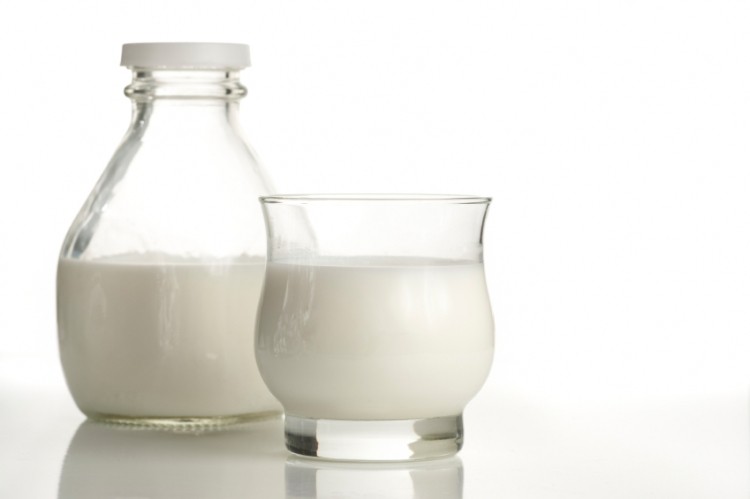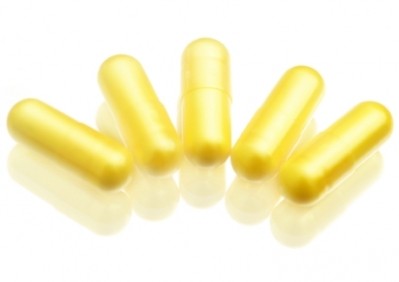Non-cow’s milk may put children at vitamin D deficiency risk

The findings, published in the Canadian Medical Association Journal, noted that non-cow's milk is becoming increasingly popular because of perceived health benefits, milk allergies or lactose intolerance.
However, the team behind the latest study noted that consumption of non–cow's milk beverages was associated with decreased serum 25-hydroxyvitamin D levels in early childhood.
"Children drinking only non-cow's milk were more than twice as likely to be vitamin D deficient as children drinking only cow's milk," revealed senior author Dr Jonathon Maguire, of St. Michael's Hospital. "Among children who drank non-cow's milk, every additional cup of non-cow's milk was associated with a five per cent drop in vitamin D levels per month."
“This association was modified by cow's milk consumption, which suggests a trade-off between consumption of cow's milk fortified with higher levels of vitamin D and non–cow's milk with lower vitamin D content,” wrote the research team.
Maguire noted that it is difficult for many parents and caregivers to tell how much vitamin D is in non-cow's milk, adding that “caregivers need to be aware of the amount of vitamin D, calcium and other nutrients in alternative milk beverages so they can make informed choices for their children."
Study details
The team noted that vitamin D is an essential nutrient produced through sun exposure or found in fortified cow's milk, fish and other foods. It plays an important role in the development and strengthening of bones.
In children, low levels of vitamin D can cause bone weakness and, in severe cases, rickets – a condition causing the bones to become soft and weak and potentially leading to bone deformities.
The research involved 3,821 healthy children aged between one and six. The team looked at differences in blood levels of vitamin D associated with drinking cow's milk and non-cow's milk by measuring 25-hydroxyvitamin D levels in blood.
The team found that 87% of children involved in the study drank predominantly cow's milk, while 13% cent drank non-cow's milk.
The interaction between non–cow's milk and cow's milk consumption was statistically significant, said the team – revealing that drinking non–cow's milk beverages was associated with a 4.2-nmol/L decrease in 25-hydroxyvitamin D level per 250-mL cup consumed.
“Children who drank only non–cow's milk were at higher risk of having a 25-hydroxyvitamin D level below 50 nmol/L than children who drank only cow's milk,” wrote the team – revealing that the children were, on average, 2.7 times more likely to be deficient.
Maguire noted that the study findings may also be helpful to those who provide for or work with children that regularly consume non-cow’s milk due to dietary preference or allergy.
Source: CMAJ
Published online ahead of print, doi: 10.1503/cmaj.140555
“Consumption of non–cow's milk beverages and serum vitamin D levels in early childhood”
Authors: Grace J. Lee, Catherine S. Birken, et al













